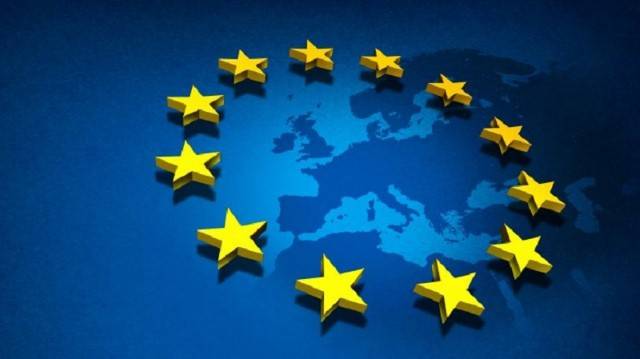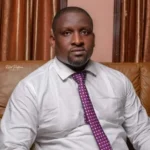The European Union Election Observation Mission, EU EOM, has picked holes in the way the Independent National Electoral Commission (INEC), political parties and security agencies handled the recent general elections.
The mission, however, gave kudos to the electoral empire over its planned dialogue on electoral process in the country, saying the dialogue should address the shortcomings noticed during the recent elections, including low participation by voters.
Members of the mission had been in Nigeria between 5 January and 7 April 2019 and observed the presidential and National Assembly elections on 23 February, the governorship and State House of Assembly elections on 9 March and the supplementary governorship elections in some states held on 23 March.
The EU report, which was presented in Abuja on Saturday was read by the Head of Mission, Maria Arena, and it was the final report by the observer group.
The report contained 30 recommendations, which Arena said, if properly implemented, will improve future electoral process that will be acceptable to all.
“Such reform needs political leadership that is dedicated to the rights of Nigerian citizens, and an inclusive process of national dialogue involving state institutions, parties, civil society,” Arena said at the press conference where the report was unveiled.
According to her, “This needs to be urgently undertaken to allow time for debate, legislative changes and implementation well in advance of the next elections.
“Overall, the EU EOM concluded the 2019 elections were marked by severe operational and transparency shortcomings, electoral security problems and low turnout. Positively, however, the elections were competitive, parties were able to campaign and civil society enhanced accountability.
“Leading parties were at fault in not reining in acts of violence and intimidation by their supporters, and abuse of incumbency at federal and state levels.
“Except for federal radio, state media primarily served the interests of the president or the governor at state level, journalists were subjected to harassment, and scrutiny of the electoral process was at times compromised with some independent observers being obstructed in their work, including by security agencies,” the report noted.
“Operational deficiencies led to the postponement of the elections, there were insufficient checks and transparency in the results process, as well as a general lack of public communication and information.
“The elections became increasingly marred by violence and intimidation, with the role of the security agencies becoming more contentious as the process progressed.
The EU mission went ahead to note that such lapses orchestrated by key actors significantly affected the integrity of the electoral process, saying if not properly addressed, voters will not be interested in participating in future elections.
“While the legal framework broadly provides for democratic elections and some improvements were made to the Constitution, various legal shortcomings remained, including in relation to the use of smart card readers.
The EU EOM also highlighted the suspension of the Chief Justice of Nigeria by President Muhammad Buhari few weeks before the elections, saying the development did not follow due process.
On areas that needed immediate intervention to ensure credible elections in the future, the EU mission called on relevant stakeholders to “Strengthen INEC procedures for the collation of results to improve integrity and confidence in electoral outcomes.
“Establish requirements in law for full results transparency, with data easily accessible to the public.”

 Join Daily Trust WhatsApp Community For Quick Access To News and Happenings Around You.
Join Daily Trust WhatsApp Community For Quick Access To News and Happenings Around You.


